INFRASTRUCTURE
Modi opens Rs 19,650-cr Navi Mumbai airport, set to start operation by December
- IBJ Bureau
- Oct 09, 2025
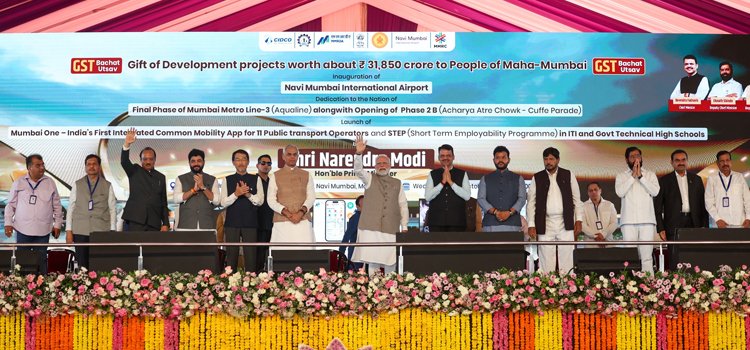
Prime Minister Narendra Modi on Wednesday inaugurated the first phase of the Navi Mumbai International Airport (NMIA), built at a cost of around Rs 19,650 crore and marking a historic milestone in India’s aviation sector.
The airport finally opened after decades of planning, missed deadlines and anticipation, promising to reshape the way Mumbaikars fly. Promoted by the Adani Group, the new airport aspires to rival global benchmarks like Heathrow and Incheon airports.
The Navi Mumbai airport had received its aerodrome licence from the DGCA on September 30 and is expected to start operations by December.
“Now, Mumbai has a new airport, which will be Asia’s largest connectivity hub. Today, the city also has a fully-underground metro to facilitate easy travel across Mumbai. Launching an underground metro with such careful construction in a city like Mumbai is a big achievement,” Mr Modi said after inauguration.
The airport’s first phase features one terminal and one 3,700-meter Code F runway, catering to 2 crore passengers annually.
NMIA will be the first airport in India to be connected by water taxi. It also includes an automated people mover (APM) linking all terminals, landside APM connectivity and dedicated storage for sustainable aviation fuel (SAF).
Spread across 1,160 hectares, India’s largest greenfield airport is being developed by Adani Airport Holdings (AAHL) in partnership with CIDCO. Upon final completion by 2036, NMIA is expected to handle 9 crore million passengers annually, more than double the capacity of Chhatrapati Shivaji Maharaj International Airport in Mumbai.
NMIA is expected to directly employ 25,000 people, with an indirect impact on over 60,000 more. By 2036, the airport aims to employ over 1,00,000 people, becoming a cornerstone of India’s aviation future.
NMIA CEO B V J K Sharma notes: “Given the civil aviation burden on Mumbai airport, the new airport will share an additional quantum of capacity. This will ease congestion, open up more slots and provide better timelines for airlines.”

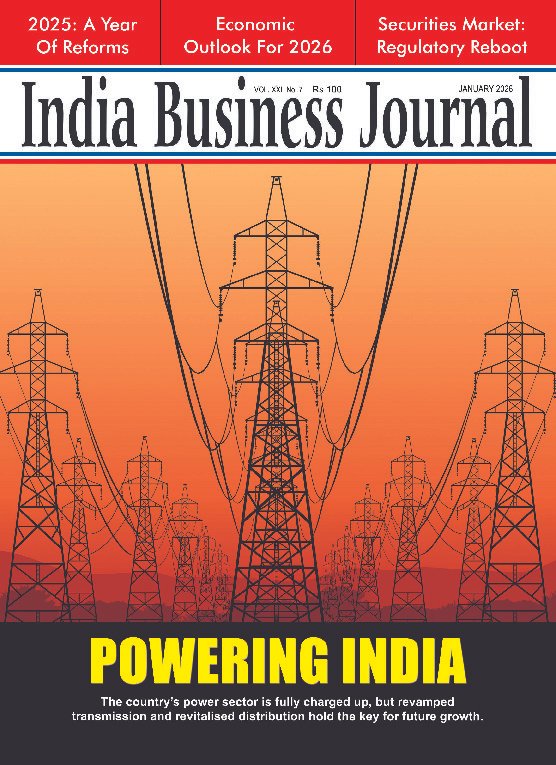

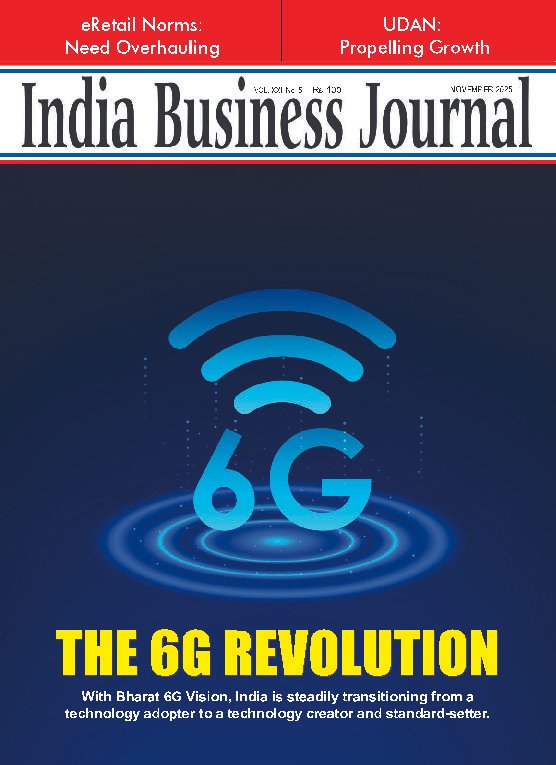
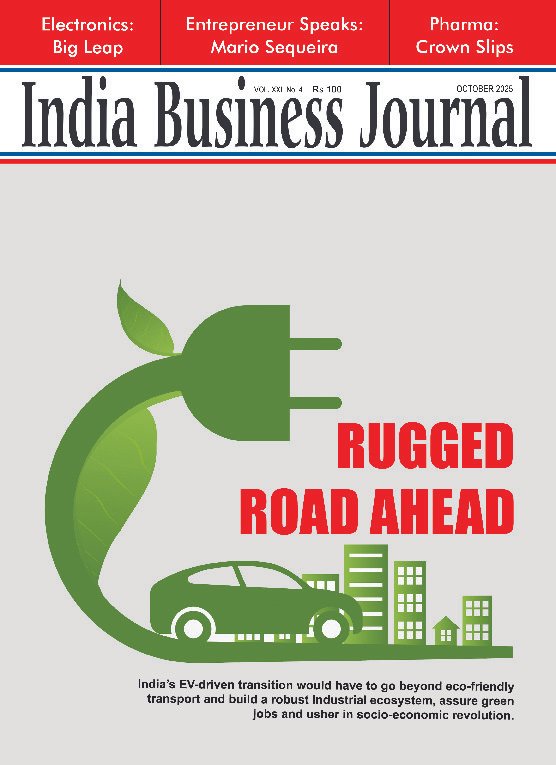
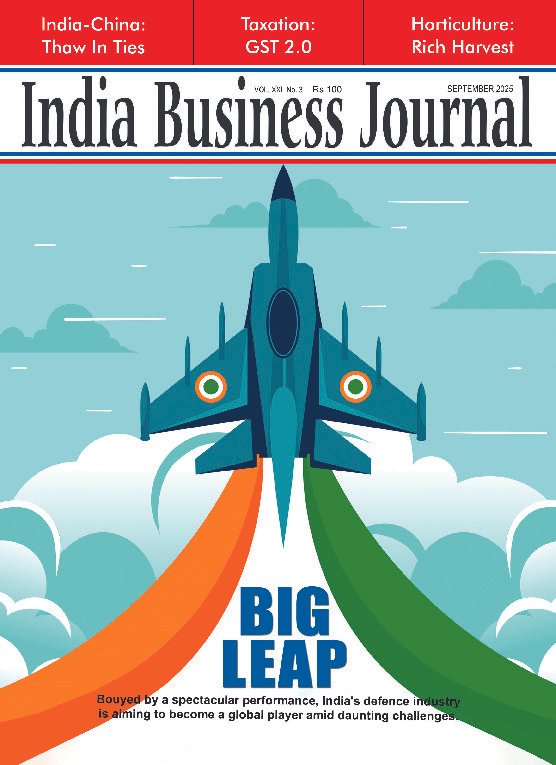






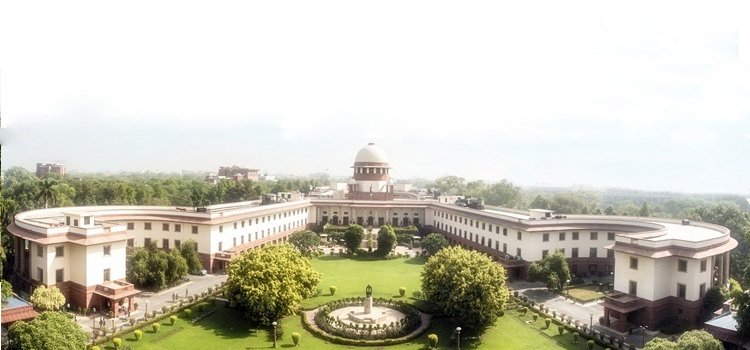

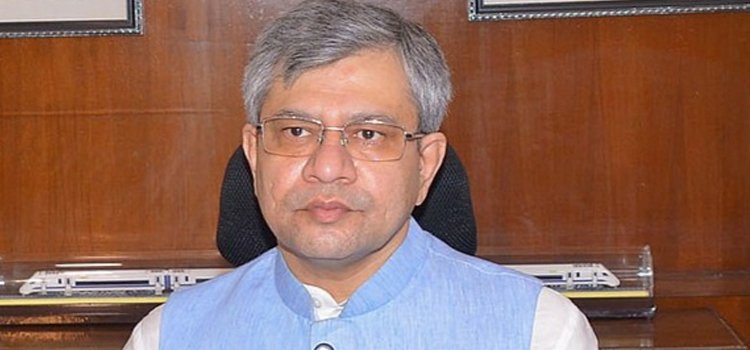






Report By
View Reporter News